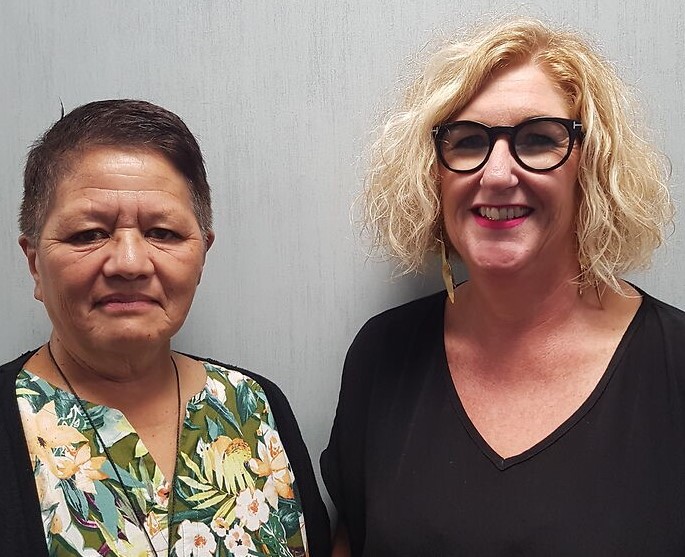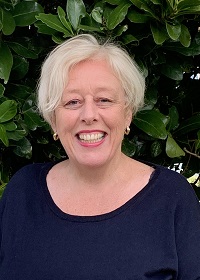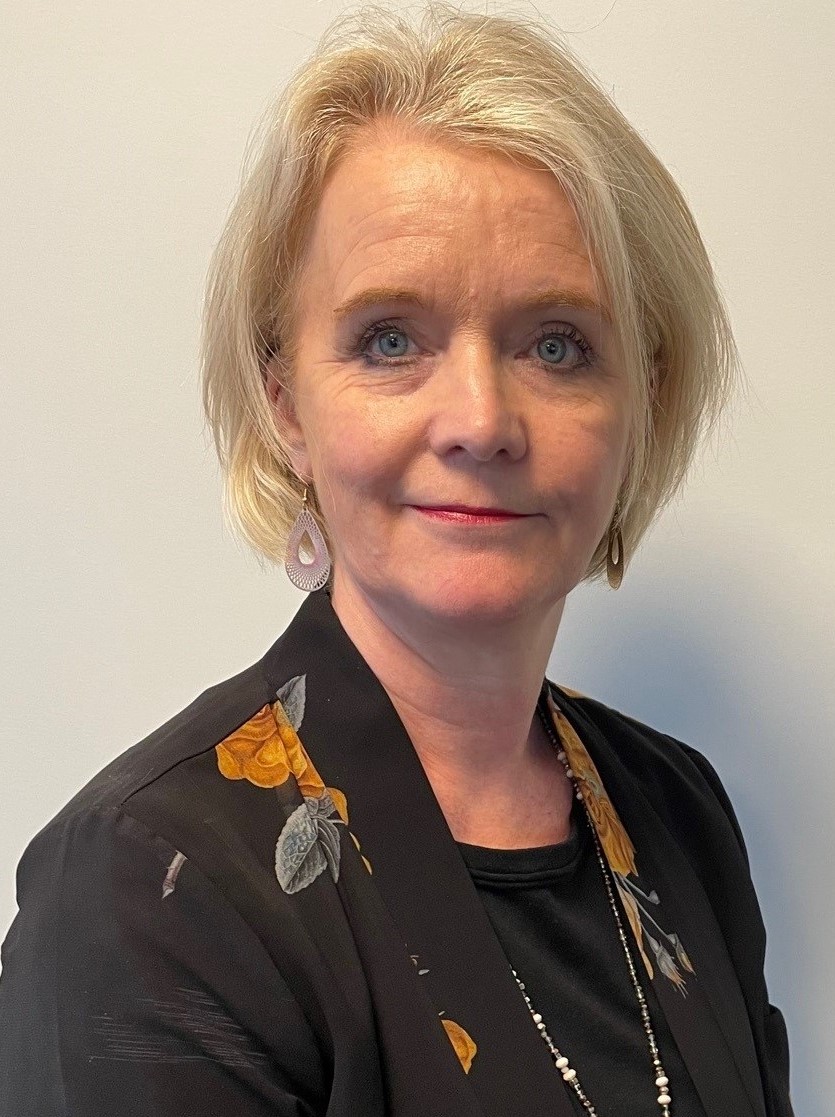Te Kaupapa o Te Kaupapa | Purpose of the Project
Te Tatau o Te Whare Kahu ki Hine Pae Ora is the Māori name for the Aotearoa Midwifery Project (the Project) gifted to the Council by Dr Hope Tupara. It provides insight into a Tiriti-led regulatory approach that uplifts the wellbeing of all whānau.
The purpose of the Project is to deliver a Tiriti-led, evidence-based review of the three documents outlined above.
Midwives are the kaitiaki | guardians of whānau and the Council is charged with the responsibility of ensuring kahu pōkai are safe, competent practitioners.
The Council is committed to embedding Te Tiriti o Waitangi in midwifery practice. It is also committed to the learning that is required to develop Te Tiriti-honouring ways of working that will meaningfully impact the safety of midwifery care for Māori and all whānau across Aotearoa.
Te Tatau o Te Whare Kahu ki Hine Pae Ora is guiding the way for us to transform our shared future.
Nahea tātau e mahi ai | How We Work
The Scope of Practice review was undertaken by a Collaborative Reference Group (CRG) which was led by Co-chairs Dr Hope Tupara and Dr Judith McAra-Couper. The CRG was comprised of 17 members who were drawn from a broad range of midwives and consumers across Aotearoa. The membership of the group can be found HERE.
The CRG used the three-whare Tiriti-led framework to review and develop a contemporary, fit for purpose, revised Scope of Practice statement for midwifery in Aotearoa. The journey that ensued was challenging at times, but the commitment, the respect and the trust that developed, generated new understandings that formed the foundation of the revised Scope of Practice.
We are deeply indebted to Dr Hope Tupara for the wisdom and guidance she provided as we embarked on this journey to an authentic Te Tiriti o Waitangi partnership in action.
 |
Ngarangi Pritchard & Kerry Adams
Co-chairs of Te Tatau o te Whare Kahu | Midwifery Council
As Co-chairs of Te Tatau o te Whare Kahu, we want to acknowledge the work of the collaborative reference group led by Co-chairs Dr Hope Tupara and Dr Judith McAra-Couper. As Rangatira | Governors of the project, the Council seeks to ensure that results of the project enhance the cultural and clinical safety of all whānau. As the work of the project progresses, we will make certain that this remains the focus of all decisions around the outputs of the project. We must protect our Mātauranga Maori, it is part of our Whakapapa, as is our Te Reo, Tikanga me ngā Kawa, and these are an integral part of Aotearoa New Zealand history.
The Council is committed to embedding Te Tiriti o Waitangi. We have a responsibility to all whānau to recognise, understand and truly demonstrate Te Tiriti o Waitangi in action. We are partners on their journey and we are partners in shaping their future. Through this project we believe we have a unique opportunity to transform midwifery practice. Not only will this enrich our own lives, but also those of everyone with whom midwives engage.
Te Tatau o te Whare Kahu ki Hine Pae Ora provides the sector with the opportunity to fundamentally review and consider its work and practice and we hope you will all be involved.
|
 |
Dr Sue Calvert
CEO & Registrar of Te Tatau o te Whare Kahu | Midwifery Council at project launch
Te Tatau o te Whare Kahu ki Hine Pae Ora is the Midwifery Council’s key strategic focus. This project is not just about rewriting words and documents but about considering contemporary midwifery practice in Aotearoa New Zealand, it is about examining cultural and clinical safety and the impact that midwives have on all whānau. It is about ensuring that midwives have the knowledge, skills and attitudes to practise safely and effectively within the unique context that is Aotearoa. I look forward to engaging with you all as we progress this work together.
|
 |
Chris Mallon
Chair of Te Tatau o te Whare Kahu | Midwifery Council at project launch
Te Tatau o te Whare Kahu ki Hine Pae Ora is a key strategic project that will guide midwifery practice in Aotearoa. Through this work, the Council believes that it is setting a contemporary standard for practice in a changing environment. As practitioners, we need to recognise we will face challenges, but together we will find empowerment - we will gain and value knowledge and an holistic approach to our mahi that will enrich the lives of all whānau.
|